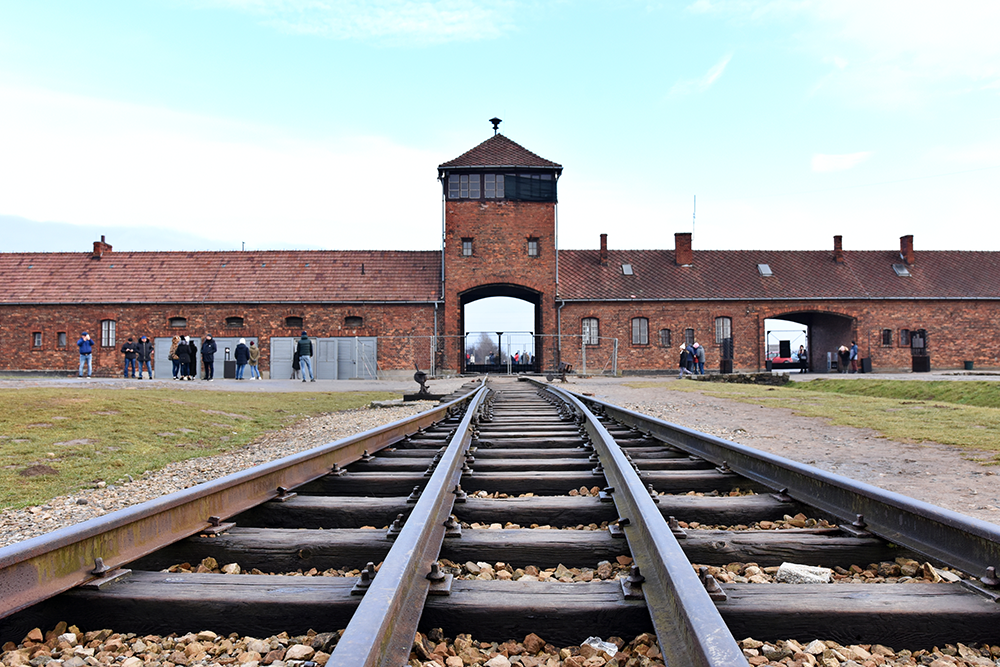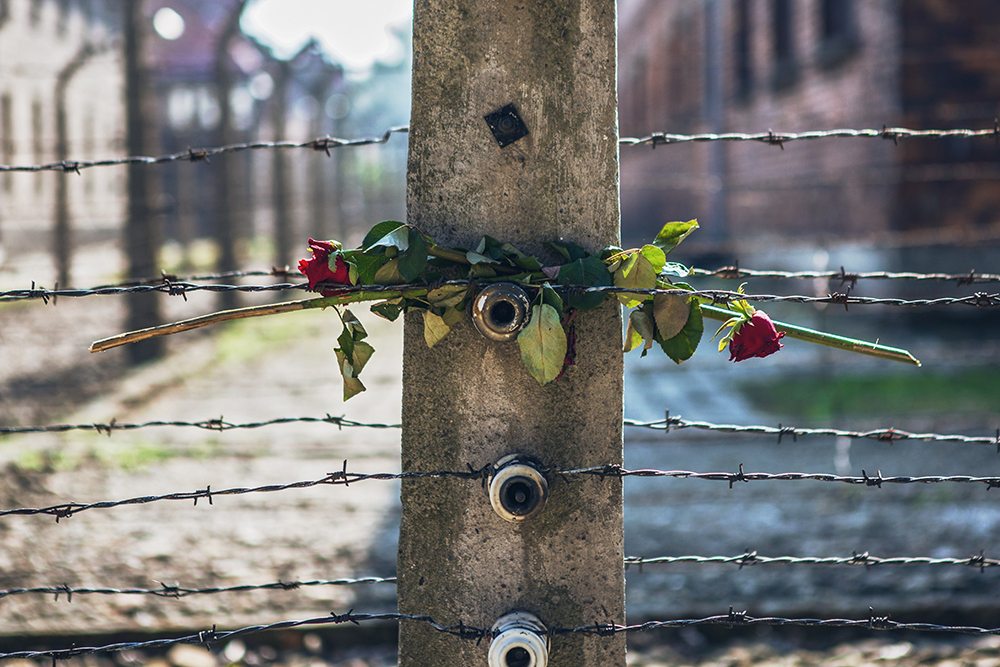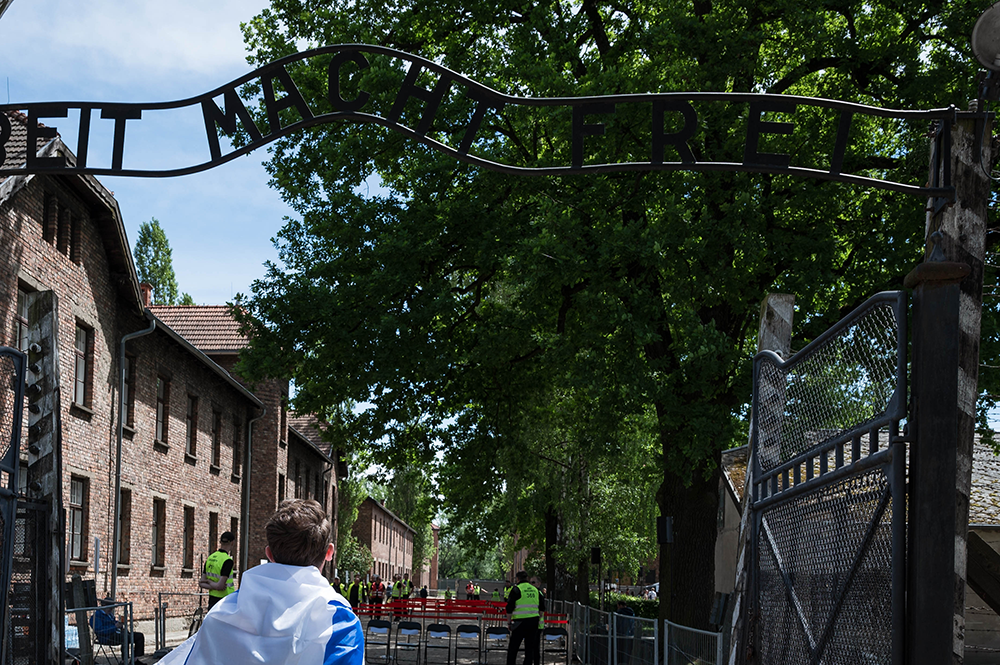UVA faculty and students attend the International March of the Living
As a part of the Master of Public Safety (MPS) elective, PSPS 5500: Policing in Nazi Germany: Leadership, Genocide, and Contemporary Applications, a group of MPS students will be traveling to the International March of the Living in Krakow, Poland, on April 23, 2025. Thousands of people have attended this event since its start in 1988; this level of reach furthers the March’s goal of “inspir[ing] our participants to fight indifference, racism and injustice by witnessing the atrocities of the Holocaust.”
It’s a mission that dovetails with PSPS 5500’s aims. The unofficial subtitle for this class is “Operationalizing Never Again,” which speaks to a larger course goal: to help leaders understand the role that law enforcement played in the past so that they do not repeat these horrors again.

Connection between policing history and "never again"
Our leaders bring different perspectives and backgrounds to this trip, and we wanted to give them a space to talk about what was motivating their respective interests. Early in the course, we asked the following question: "What are you hoping to get from this experience?"
The answers we received were thoughtful, probing, and often surprising, especially in terms of how they reflected the following shared themes:
- Getting a deeper understanding of history, facts, and law enforcement perspectives, including the human experience of the Holocaust and ethical decision making.
- Understanding the “never again” connection with the past to learn, engage and have greater connection with people across cultural boundaries.
To illustrate some of these themes, we’re honored to share some anonymous responses from the class discussion.
Note: responses have been condensed and lightly edited for clarity.
Personal motivations: law enforcement readers reflect on the Holocaust
- “I'm super excited about this opportunity and really appreciative of being in this space of learning and educating, learning more about Auschwitz and the March of the Living."
- “My passions in life have been policing and German history. And I'm really interested to hear how the police forces were involved in this: the worst mass murder in the history of humanity.”
- “When I saw this opportunity come up, I really felt it compelling to learn how policing in Germany - in the late 30s and early 1940s - converted from a public order, responsibility and duties to getting the Nazification of the police to carry out orders to lend help and lend their resources to the persecution of the Jews, homosexuals, foreigners and the disabled. I just couldn't believe it got to that point.”
- “My dad was a liberator of Buchenwald in 1945. And this is an important topic for me personally as well as professionally.”
- “I had family members in the Holocaust, and my parents were run out of the Middle East because of religion.”
- “My grandparents were both from Poland. Their families were from Poland. I will be flying into Poland before the event starts with my aunt, and we wanted to do some of our own exploring with regard to my grandmother's whereabouts and where she lived.”
Learning on-site: impact of witnessing Holocaust history firsthand

- “We'll be joining 80 survivors of Auschwitz on this march. So that'll certainly be something that will be impactful.”
- “Being able to go to Auschwitz, go to Poland and really be in the place where all these horrific things happen: to use that to touch law enforcement agencies across the country is my ‘why’ for attending the class.”
- “I went to the Yad Vashem and the Holocaust Museum there. It was an experience. And I will admit that reading the course material put me back into a headspace that I really didn't want to go there. But it's important to learn and important to understand what happened during that timeframe. This gives me a historical perspective, an in-depth understanding of what went on and what was some of the ideology that went behind this horrible period in history.”
- “It's hard to fathom that something like this could have happened. And I think having the opportunity to do the walk and learn about this material will be one of the greatest impacts I've ever had in my life. And I think that's something that it'll be a great privilege to take in and something to carry on through, however I can impact public safety.”
For more updates about this powerful experience, follow the Center for Public Safety and Justice’s LinkedIn page.


